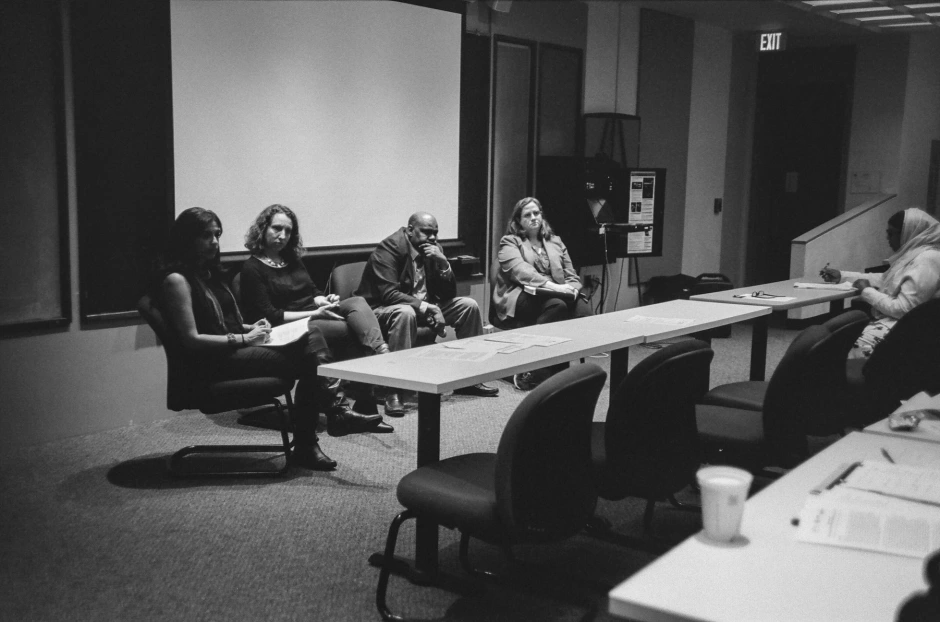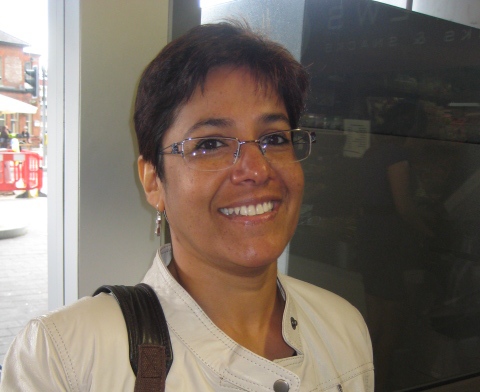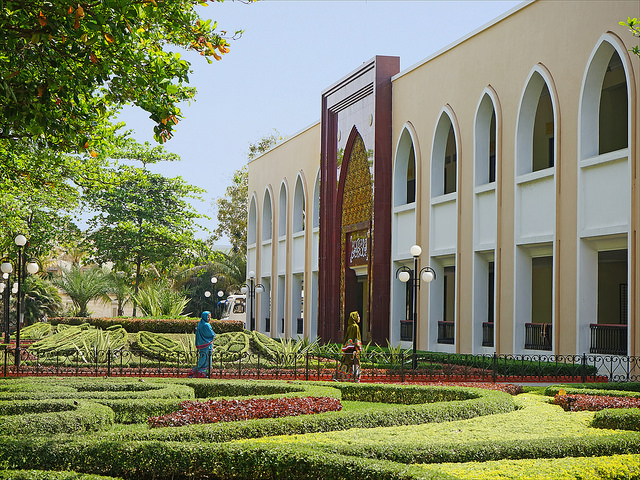By Hina Javed
(This is the fourth part in a series of essays by Hina Javed on her experience of reporting on FGC in Pakistan. Read the whole series here: Pakistan Journal.)
My conversations with survivors had by now made it clear that the more answers I received, the more questions arose. Wrapping my head around Female Genital Cutting (FGC) was not going to be easy as I had, up till that point, been presented with two extreme views of FGC with little room for middleground.
I found myself diving deeper to uncover the truth behind a practice which spanned centuries; a curiosity fuelled my quest to get to the very origins of such an invasive practice.
From the outside, the Bohra community seemed united, but I found the more I scratched at the community’s surface, the divisions and differences of opinion on FGC became evident. Publicly, the Bohra community will protect their own; quietly, they dissent amongst themselves.
Getting to the bottom of this practice had become more than an assignment for me. The following day I found myself sitting in the drawing room of an elderly lady who belonged to the Bohra community in Karachi. Here was 65-year-old Mrs Sumaira*, ready to answer all my questions without a hint of doubt or hesitation:
“Aunty, what is your opinion on female circumcision? Is it right or wrong?”
“Well, I cannot comment on the moral and legal implications of the practice. It is not for me to decide. All I know is that circumcision is sanctioned by our community leader. I am not entirely sure if it is right or wrong, but I believe the decision should be left with the child,” said Mrs Sumaira.
“What about you? Did you get your daughter circumcised? Did you inform her prior to her circumcision? How did you feel when she was finally cut?” I asked without bothering to check my train of thought or questioning.
“I was in my early thirties when the pressure to get my little one cut started building inside me. I knew it was supposed to happen sooner or later. I feared a backlash from the family elders if I delayed it any further. It was a rite of passage and my daughter had to go through it. My only, and probably biggest fault, was not telling the truth to an innocent child who thought she was going to a lady doctor for a routine check up. I told her they might perform a small operation if they found a ‘bug’ down there. I deeply regretted lying to her when I saw her bleeding and in pain,” she told me somberly.
“Why did you regret? Was it only the pain that made you feel guilty or was it something else?” I asked.
The answer she gave me came ridden with doubt. Sumaira believed she had little choice all those years ago.
“Maybe this wasn’t the right thing to do. Maybe I took something away from her; something that actually belonged to her the minute she opened her eyes. I could have given it a second thought, but I was overwhelmed with uncertainty and wanted to get it out of the way. I knew I would get a lot of raised brows if I avoided it altogether. In fact, I would have been ostracised from the community,” she added.
My line of questioning had ruffled some feathers, and I became more determined to seek answers. “Aunty, forgive me if I am being too intrusive, but didn’t you say you believed it was a necessary rite of passage?”
Sumaira explained that the decision she took for her daughter, without the latter’s consent, was in the girl’s best interest.
“I believe it depends on the type of society you live in and the level of exposure you get growing up. It’s true that circumcision lowers the libido and you have no right to take that away from an individual. However, it becomes necessary to control that drive if the girl is growing up in a conservative society like Pakistan. If she goes ‘astray’, she would be called names and looked down upon. Besides, she would also have to suppress her desires which could ultimately lead to psychological issues like depression and anxiety,” she said.
“Does that mean it is more of a social requirement than a religious ritual in the Bohra community?” I asked, confused. Sumaira’s reply made it clear she was also confused.
“It could be, but I am not entirely sure about that. I believe it’s good if you get it done. However, there is an element of choice which people did not realise back in the day. People who are growing up in a free society and have liberal mindsets could either do away with it or let their child decide.”
Sumaira continued to speak but her response left a deafening silence from me. It became difficult to detach myself emotionally and focus on that interview. Therefore, I targeted my final question at just that; breaking the silence.
“Then why do you think breaking the silence will help? Why did you decide to speak about this issue in the first place? How will it change the narrative?” I asked apprehensively.
“It’s just the question of expressing yourself. If you disagree with the practice, you should be able to voice your opinion without being bashed by others. And if you want to go for it, then there’s no one stopping you. In either case, there’s no reason for it to be a hush-hush affair. There is more awareness, education and freedom of expression in this day and age. You’re free to make your own decision,” she concluded.
The hour-long question and answer session with Sumaira left me more confused than before. My search for the right answer was becoming fruitless with every interview, but, in the midst of it all, I realised that three categories of people existed in the Bohra community when it came to FGC: the decided, the undecided, and the opposed.
Sumaira is a pseudonym. The person’s original name has been changed to protect her identity.






